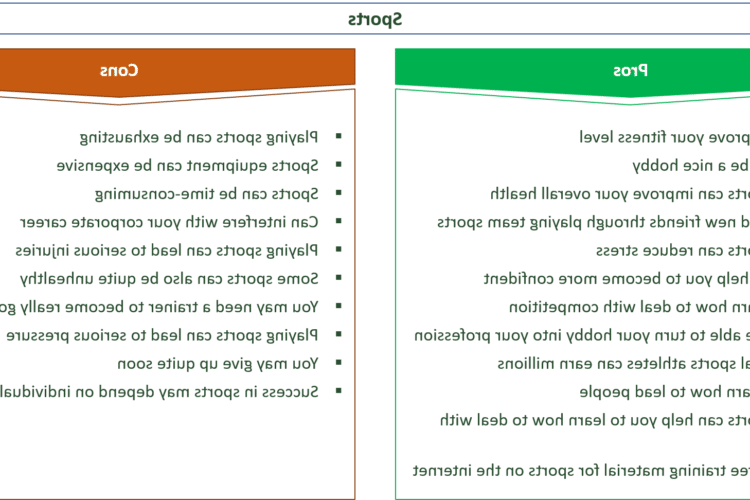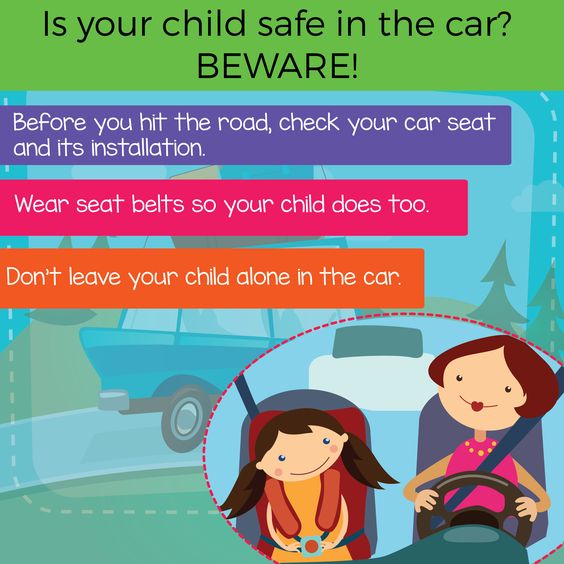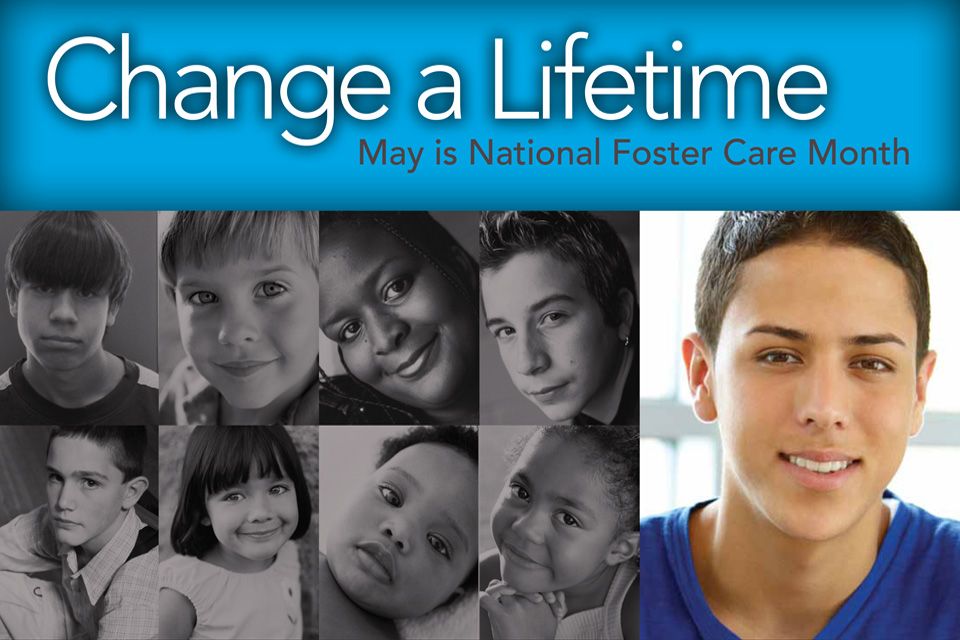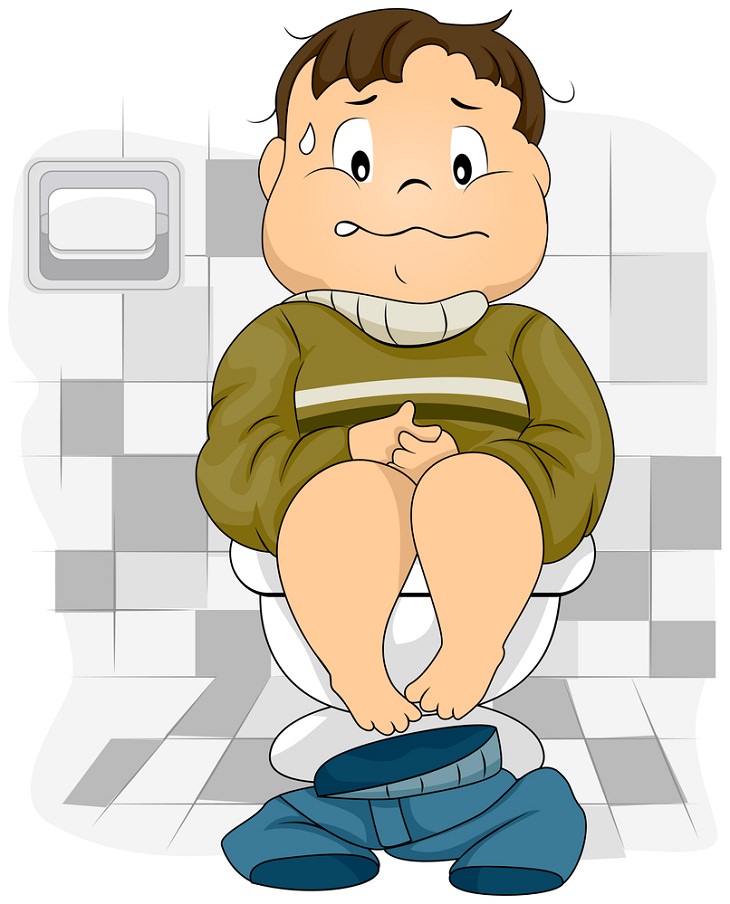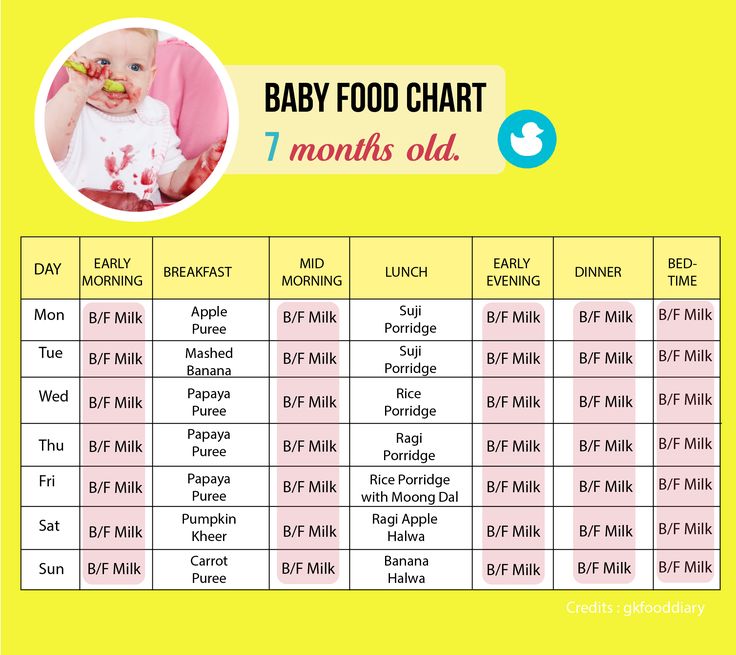How long should a child read each day
Age of Learning - Reading study
In Summary
The majority of American elementary students are not proficient readers—a survey of 1,000 teachers and 1,000 parents reveals three significant causes of this reading gap and offers insights into solutions.The Reading Gap
Reading is the foundation of education and vital to children’s success in school and beyond. Regular reading not only improves vocabulary and school performance, but also helps children develop empathy and self-confidence.1 And when children fall behind in reading, learning other subjects becomes increasingly difficult with each passing school year. Students unable to read at grade level by 4th grade are four times less likely to graduate from high school.
According to the Nation’s Report Card, more than 6 out of 10 U. S. 4th graders are not reading at grade level.2 For low-income students at high-poverty schools, that number is worse: 8 in 10 are not proficient.3
To understand some of the causes of this reading gap and identify solutions to help close it, Age of Learning recently conducted nationwide surveys of more than 1,000 parents and 1,000 teachers of children ages 2 to 12. Participants reported on children’s access to books and reading habits, and described what they see as the major obstacles to developing confident and successful readers. The data reveals three important factors contributing to the reading gap:
| 1.Many children lack access to books, especially high-quality, high-interest books. |
2.Parents aren’t sure how to support their children’s reading needs. |
| 3.Children don’t spend enough time reading outside of school. |
Key Findings
1. Children lack access to books, especially high-quality, high-interest books.
Parent survey data shows that more than half of American families have fewer than 50 books (of any kind) in their homes, including children’s books. And according to teachers, lack of access to books at home is one of the top three obstacles to getting their students to read.
Unfortunately, many families cannot count on their child’s school to provide access to books. Ten percent of teachers report that their school does not have a school library, and 56% report that their students do not have access to a digital library. This confirms research finding that more than 8,000 elementary schools in the U.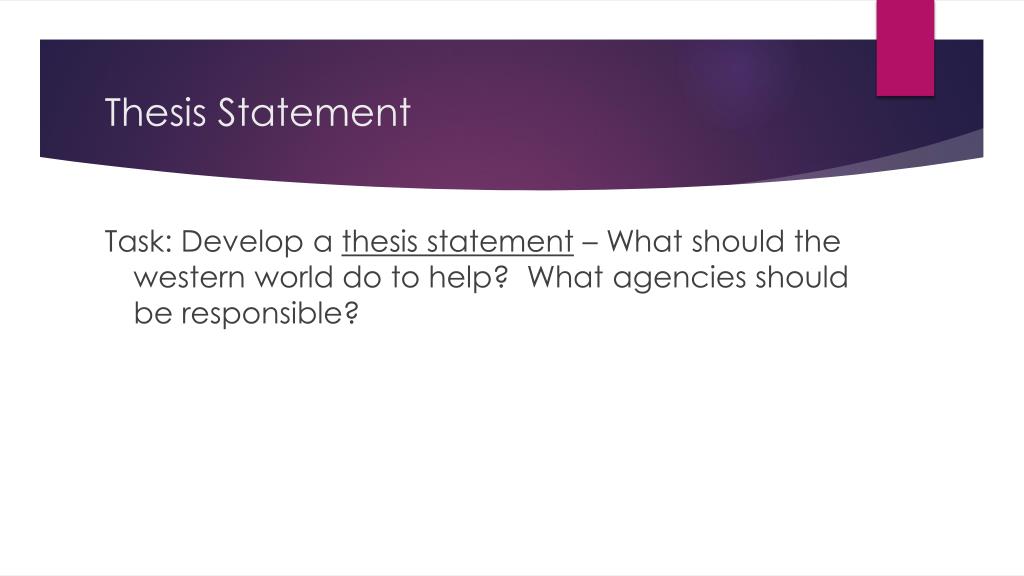 S. do not have a school library4 and that the number of school librarians has been declining dramatically.5
S. do not have a school library4 and that the number of school librarians has been declining dramatically.5
For both teachers and parents, cost and space are the top challenges to providing books for children. Seven out of 10 teachers said the cost of books was an obstacle to building a classroom library, with 77% reporting that they bought books for their classroom with their own money. For parents, cost is the second most cited obstacle to building a home library.
Even when funds are available, teachers and parents report that they don’t have enough room to store books: 54% of teachers and 47% of parents cite lack of space as a major challenge to building a library.
As children learn to read and come to enjoy a wide range of both fiction and nonfiction books, variety and volume of books are key to encouraging their reading development.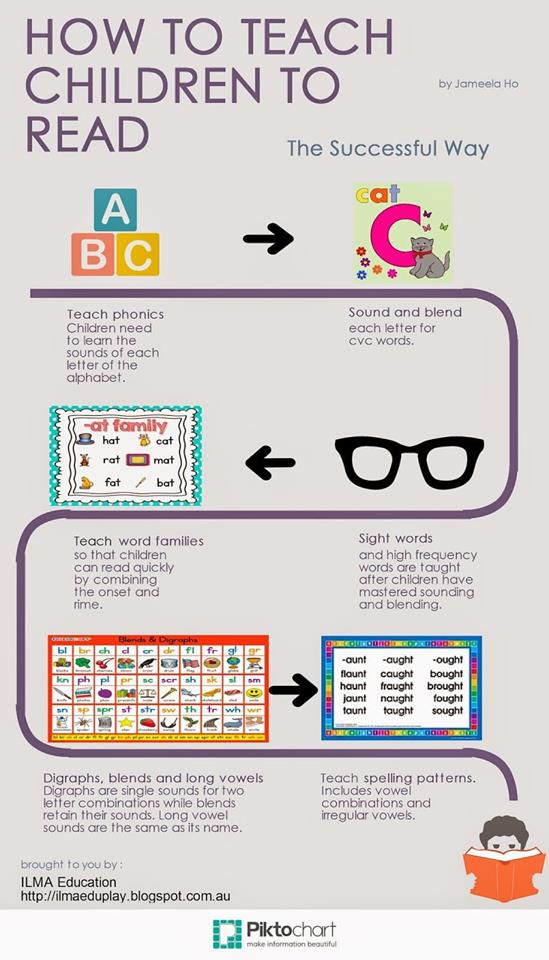 Based on teachers’ reporting on student performance, students that have access to both a traditional and digital library are 53% more likely to be reading above grade level than peers without such access.
Based on teachers’ reporting on student performance, students that have access to both a traditional and digital library are 53% more likely to be reading above grade level than peers without such access.
2. Parents aren’t sure how to support their children’s reading needs.
Teachers want parents to be more active in supporting their children’s reading—7 in 10 believe that parents are not involved enough in their child’s education. They cite a lack of parental involvement as the number one challenge to students reading more books.
Parents agree. They want to be more involved, but they are often unsure about how best to help. They may also be missing a complete picture of what their child needs in order to grow as a reader. Two-thirds of parents (67%) are not sure what their child’s reading level is.
And while teachers report that 30% of their students are reading below grade level, only 9% of parents think their child is in that category.
According to teachers, students should be reading between 15 minutes and 1 hour a day outside of school (85% of teachers expect daily reading in this range), but most of their students are reading less than the 15-minute daily minimum. Seven percent of parents report that their children do not read or look at books alone outside of school. With more than 44 million children ages 2 to 12 in the U.S., that represents more than 3 million children who are never reading alone outside of school. Parents report that a similar number of children are reading or looking at books alone only 5 minutes per day or less.
There is also a gender gap in how much children enjoy reading. Parents of girls rated their child’s enjoyment of books significantly higher than parents of boys did: 8. 5 for girls versus 7.9 for boys, on a 10-point scale. Parents of boys were also more likely to report that their child mostly or only reads at the parent’s direction rather than choosing on his own to read, with 27% of boys reading because they were told to versus 17% of girls.
5 for girls versus 7.9 for boys, on a 10-point scale. Parents of boys were also more likely to report that their child mostly or only reads at the parent’s direction rather than choosing on his own to read, with 27% of boys reading because they were told to versus 17% of girls.
A great way to inspire a love of reading is to give children books that they enjoy. Teachers and parents consistently identified three topics as the most beloved by their students and children: (1) Adventures and Mysteries, (2) Fables and Fairytales and (3) Animals and Plants.
Four Simple Steps to Help Your Child Become a Confident and Successful Reader
Although there are considerable challenges facing families, they can adopt low-effort, high-impact steps to help their children become strong and engaged readers. Parents should:
- Get on their level! Books are like Goldilocks’ porridge—too easy and kids get bored; too advanced and they get frustrated and give up.
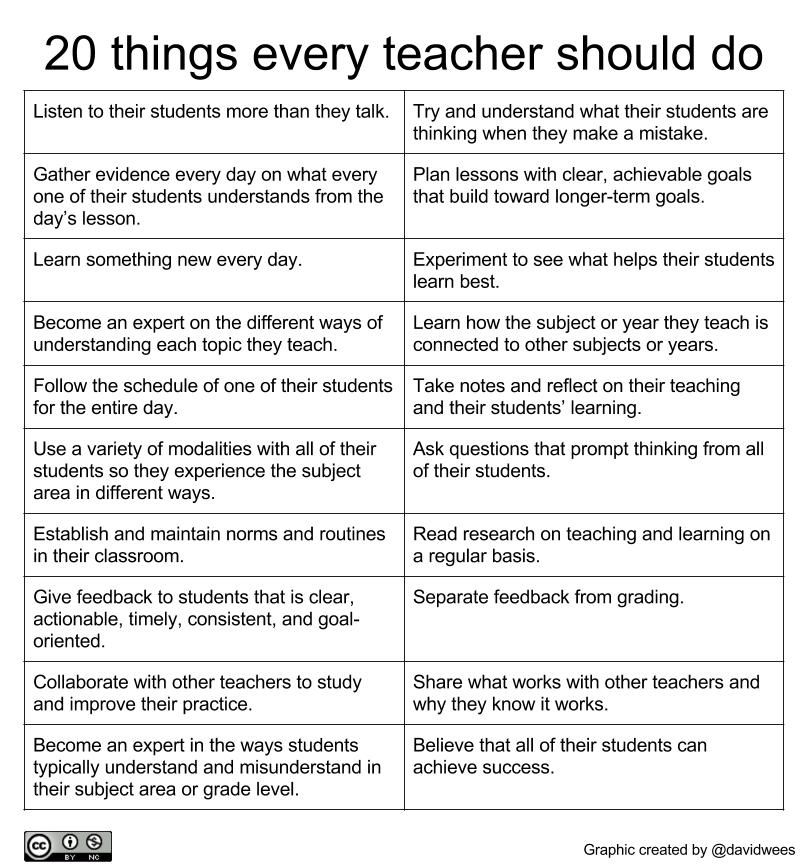 Ask your child’s teacher what your child’s reading level is, and make sure he or she has books at that level that are just right.
Ask your child’s teacher what your child’s reading level is, and make sure he or she has books at that level that are just right. - Schedule for success. Help kids build good reading habits by setting aside at least 15 minutes every day to read together. Encourage independent readers to read on their own for that long—and reward them when they do!
- Take them on a book treasure-hunt. Help children discover their next favorite book by visiting your local library. Encourage them to find books on the subjects they’re interested in, or ask the librarian to recommend titles that will keep their attention. Digital libraries are a great way to get books anytime and anywhere, and some can be easily searched by topic.
- Help them explore the world of words. Books aren’t the only thing we read. Create a print-rich home by labeling objects around the house.
 Create a word wall where kids can see the connection between objects and their written names. By showing your kids the letters in their life, you can help them begin to decode the world around them.
Create a word wall where kids can see the connection between objects and their written names. By showing your kids the letters in their life, you can help them begin to decode the world around them.
Working together to overcome challenges to reading, families and teachers can help close the reading gap and improve educational outcomes for every child.
Methodology
In September and October 2018, Age of Learning conducted an online survey of 1,002 parents of 2- to 12-year-olds and 1,000 preschool- through- 6th grade teachers who taught reading. Survey questions aimed to understand their sentiments and behaviors around children’s reading. Parents and teachers were diverse with respect to ethnicity, income, and geographic location in the U.S.
1 https://www.psychologicalscience.org/news/reading-fiction-improves-empathy-study-finds. html; https://www.psychologytoday.com/us/blog/quiet-the-power-introverts/201107/why-reading-makes-you-self-confident
html; https://www.psychologytoday.com/us/blog/quiet-the-power-introverts/201107/why-reading-makes-you-self-confident
2 National Assessment of Educational Progress. (2017). 2017 NAEP National Achievement-Level Results for Grade 4. Retrieved from https://www.nationsreportcard.gov/reading_2017/#/nation/achievement?grade=4
3 Retrieved from https://www.aecf.org/m/resourcedoc/aecf-EarlyWarningConfirmedExecSummary-2013.pdf
4 National Education Association. (2016). Library/Media Centers in U.S. Public Schools: Growth, Staffing, and Resources. Retrieved from https://www.nea.org/assets/docs/Trends%20in%20School%20Library%20Media%20Centers%20Executive%20Summary.pdf
5 Education Week. (2018). Schools See Steep Drop in Librarians, New Analysis Finds. Retrieved from https://www.edweek.org/ew/articles/2018/05/16/schools-see-steep-drop-in-librarians-new.html?intc=eml-contshr-shr-desk
How long should you read with your kids every day?
ByBecky Mansfield Updated on
You may be wondering How long should you read with your kids every day? I am here to tell you why the magic number is reading 20 minutes a night or more.
Why Reading with Kids is Important
There are so many things that I, as a teacher, wish that the parents of my students knew about reading with their kids. Reading for 20 minutes a night is just one of the most important things parents can do to help their kids succeed.
What’s the difference between kids who read more than 30 minutes per day and those who read less than 15 minutes per day? Twelve million. Between kindergarten and twelfth grade, students with an average daily reading time of 30+ minutes are projected to encounter 13.7 million words. At graduation, their peers who averaged less than 15 minutes of reading per day are likely to be exposed to only 1.5 million words. The difference is more than 12 million words.
–Renaissance, The Long Term Effects of Reading Practice
It totally makes sense that kids who read more have better vocabulary, reading skills, fluency, reading comprehension and overall literacy. What is surprising is how a consistent 15-20 minutes a day over time can really add up.
What is surprising is how a consistent 15-20 minutes a day over time can really add up.
Download & Print Reading Time Chart pdf File Here
WHY-READ-20-MIN-A-DAYDownload
This article contains affiliate links.
What does reading 20 minutes a night really mean?It means that your kids are reading out loud to you. When kids read aloud, they are able to practice their reading in a safe and supportive environment. Unfamiliar words that can’t be sounded out can easily be identified and learned. Fluency and the ability for kids to put words into context happen because kids are reading and listening at the same time.
It is one of the best ways to spend quality time together.
My Child Can’t Read for 20 Minutes Aloud
This is a pressure-free zone of reading fun! Set a timer for 20 minutes and let your child read as long as they are willing and then you can take over. If you want to split it up where they read a page and you read a page, that works really well too.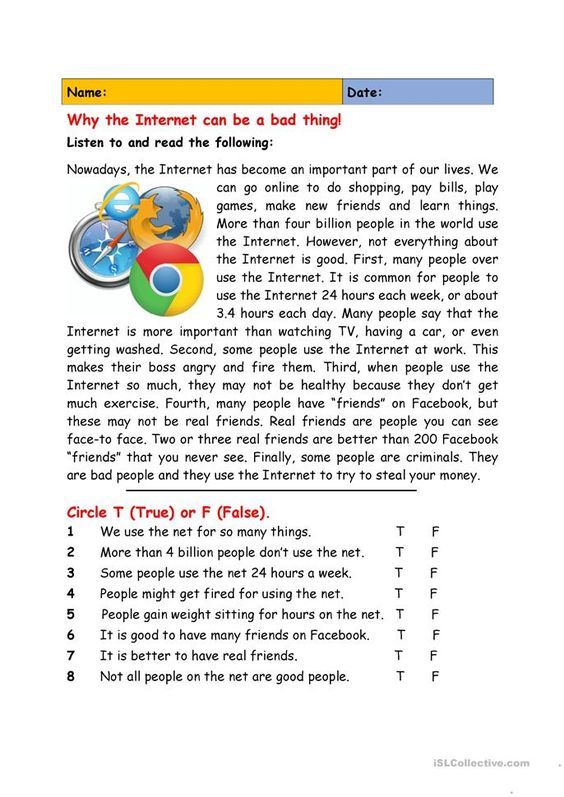
Don’t overlook the power of YOU reading chapter books aloud no matter what age your kids might be. It is a fun family activity that helps kids fall in love with words, stories and reading. It is also a really good example of how reading is an important life skill.
Baby loves to read!Reading with Babies & Toddlers
This is a good time to start with a routine that stresses reading and time spent exploring books together. Start with a regular good night book or a short reading time before a nap. Work into sitting on the couch together longer times until your child’s interest can be held by books for 10-15 minutes together.
You can read to your child, your child can point to the pictures and guess the story, or anything else playing with books might look like for a pre-reader. The goal is to get kids interested in books and realize they hold stories inside.
Recommended Books for Babies & Toddlers
Start with a trip to the library or some of my favorite baby and toddler books in subjects that interest your child.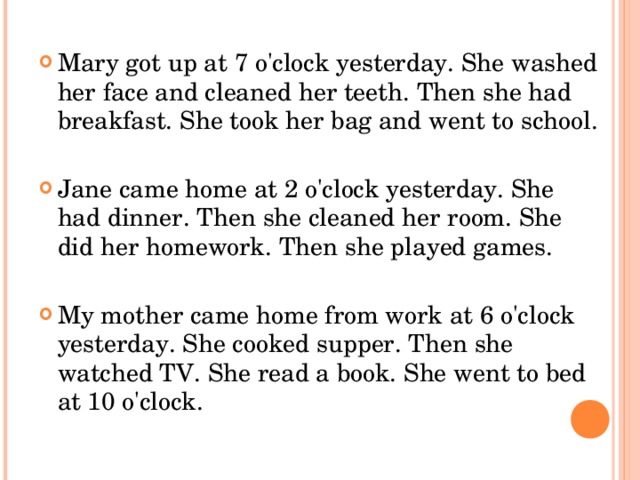 Here are some to consider for your home library:
Here are some to consider for your home library:
- 1, 2, 3, Do the Dinosaur colorful board book
- 199 Things on the Farm book (see also 199 Dinosaurs & 199 Zoo Animals)
- The Alphabet of Peculiar Creatures book
- Kisses, Cuddles and Good Night!
- More Great Books for Kids Ages 1 and 2 years old and older
Reading with Preschoolers
If your kids are in Pre-school or Kindergarten, they are probably reading the small, repetitive books like “I went to the store. Mommy went to the store. Daddy went to the store. We all had fun!”.
Remember that every journey starts with one step and this is your first step.
Recommended Books for 3 Years & Up
- Alfie and Bet’s ABC pop up book
- Amelia Who Could Fly Picture Book about Amelia Earhart
- The Biggest Story
- Bob is a Unicorn
- More Great Books for Kids Ages 3 years and older
Recommended Books for 4 Years & Up
- Bears Don’t Read!
- Cordelia can fly.

- Different! Flo the flamingo always feels too different, but her friends help her to see that everyone is different.
- Hooray, it’s Garbage Day!
- More Great Books for Kids Ages 4 years and older
REading with Kindergarten Age Kids
For this level, I would suggest reading each of those small books three times each.
- The first time you are reading to sound out the words and identify sight words.
- The second time you are reading for comprehension.
- The third time you are reading for fluency (to read at a faster rate.)
Reminder: If you have not reached 20 minutes yet, this would be a great chance for YOU to read to your child.
Recommended Books for 5 Years & Up
- 2 Pirates + 1 Robot
- Across the Savannah
- Dogs in Space
- Goldilocks and the Three Little Pigs
- More Great Books for Kids Ages 5 years and older
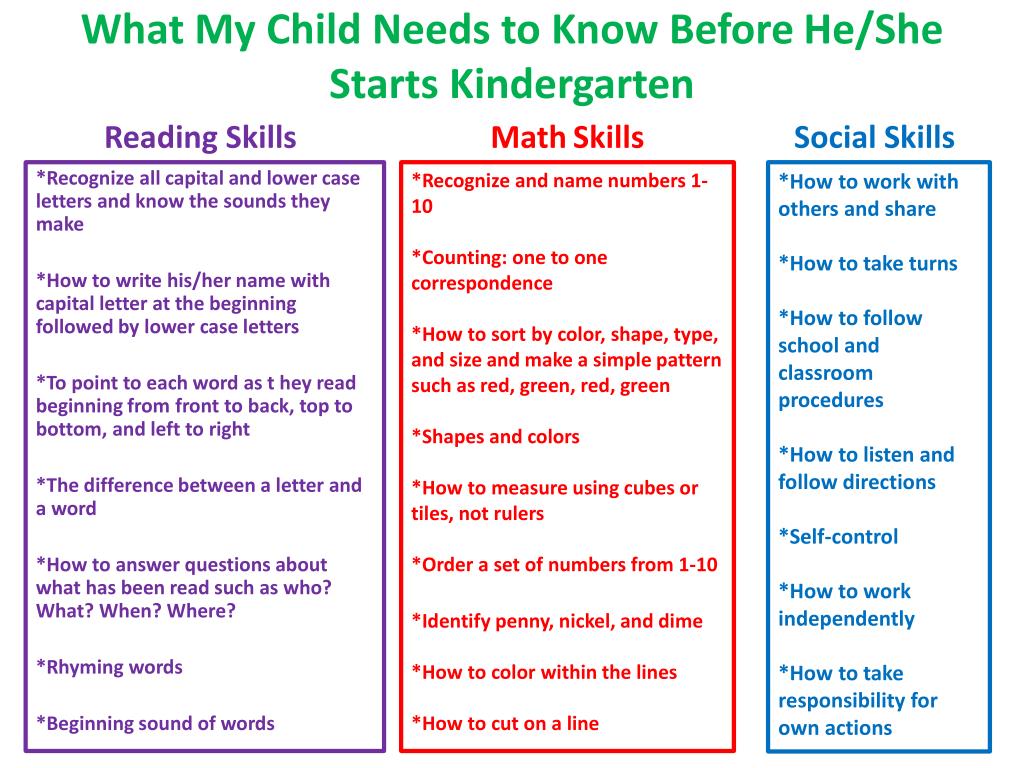
Reading with Older Children
I let our son (second grade) read his chapter book to me for about 15-20 minutes. He would prefer to read it silently, but he has to read it out loud because I can listen to him:
- I can make sure that he doesn’t just skip over hard words.
- I can help him with his mistakes.
- When he is finished, I will ask him to tell me about the story (what happened, who were the characters).
- I also make sure to read a story to him every night. Hearing me read aloud is also important.
Recommended Books for 6 Years & Up – School Age Kids
- Kids this age still love picture books, here are some of our favorites.
- Early chapter books, fiction
- Series fiction chapter books for kids
- Non-fiction books kids will love to read
- More School age books for kids ages 6 years and older
Consistent Reading for Kids
I know that time is tight.
I know that you are busy.
I know that your kids need to get to bed early.
I also know that if you skip out on reading nightly, your child will slowly fall behind. Keep it up. It is important. Give your child the best advantage and read with them twenty minutes a night.
More Reading & Learning Resources from Kids Activities Blog
- Books to teach kids to read <–big list!
- Have some fun with reading games for kids.
- Create your own reading programs for kids.
- Check out Scholastic Kids home reading program.
- These reading comprehension worksheets are free and can instantly be downloaded to practice reading skills.
- These fun reading activities are great for kids.
- Set up a kids reading corner at your house or in the classroom.
How long do you read together with your child each day? Have you seen a difference in your child’s reading ability when you read regularly 20 minutes a day?
Becky Mansfield
Becky shares tips about raising a family on YourModernFamily.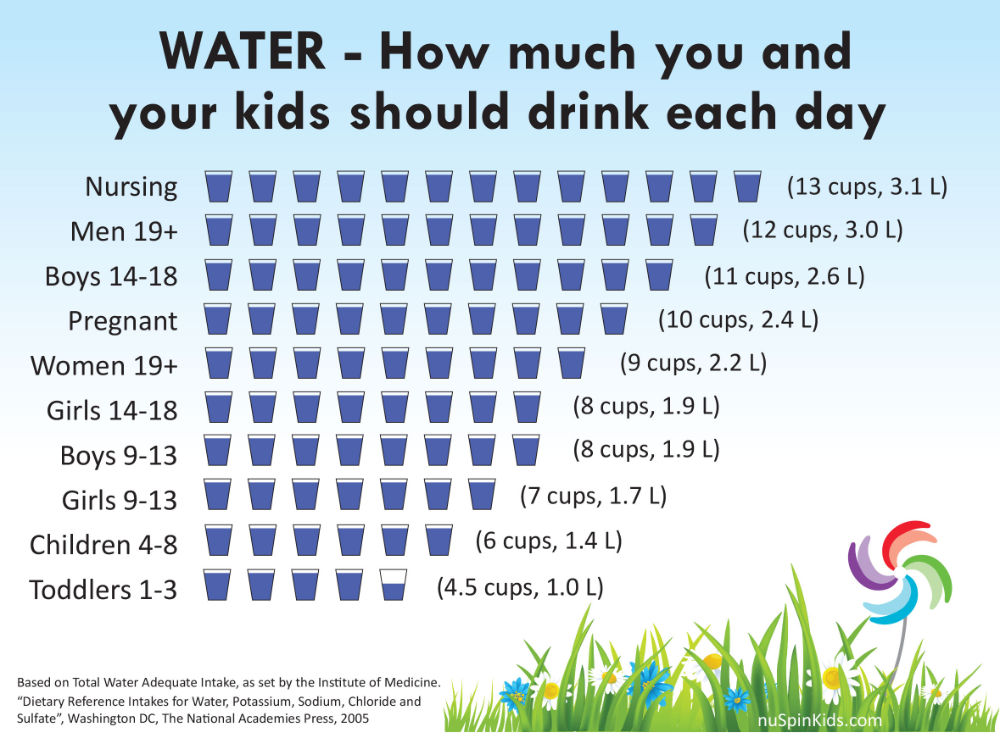 com. She was a teacher turned mom to four young kids & play therapist. Becky is the author of 8 books, including the best selling Potty Train in a Weekend
com. She was a teacher turned mom to four young kids & play therapist. Becky is the author of 8 books, including the best selling Potty Train in a Weekend
How to read from 7 to 12 years old
In elementary school, a child learns to work with text professionally. The school subject of literary reading is of particular importance, as it teaches children to perceive the text in different ways: listening, reading aloud, reading silently. How successfully the child has mastered these skills depends on his further education in all subjects, since understanding the text, written and oral, is the basis of education and self-education. The goals of education in elementary school and the basic skills that children must master are spelled out in the Federal State Educational Standard, Model Program for Literary Reading, and they are very serious (a brief excerpt from Primary School Literary Reading Program ).
Purposes of home, family reading:
— to have a rest, relax after study (it is good to read such literature aloud to a child before going to bed),
— to master the curriculum in literature and other subjects: reading according to the list of program literature, textbooks, scientific books for children (you need to set aside a certain time for this type of activity and always try to stick to it, developing the habit of studying at home - in the future this good habit will help at school, at the university, and in self-education),
- teach to read and write: riddles, short plot stories, fairy tales are well suited for this.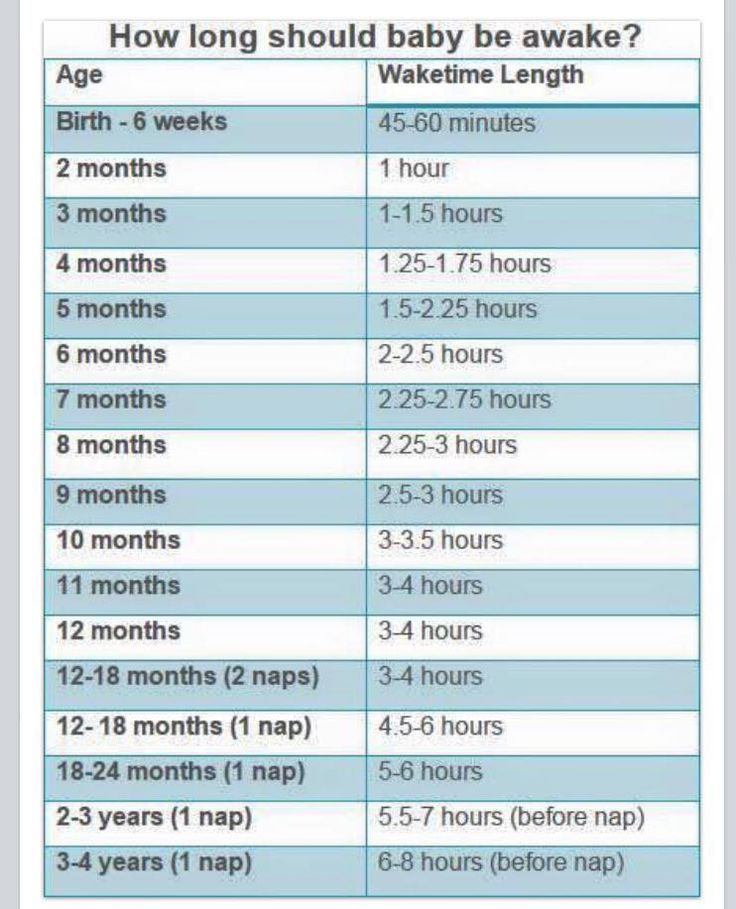
The child reads by himself.
This work should be joyful and creative.
Expert tip: If your child is just taking their first steps into the world of reading, celebrate every word they read as a victory. Do not draw his attention to reading errors. Do it discreetly. Take for the first readings only suitable books - bright, with large print, where there are a lot of pictures and a plot that is interesting to follow (I.I. Tikhomirova).
Primary schoolchildren have problems with reading:
1. It happens that a preschooler loves books, but when he becomes a schoolchild, he does not want to read them. Why does interest in reading fade? The reason is that the child is now motivated to read to himself and stop reading aloud to him. Reading from pleasure turns into hard work. The child gets tired of it at school, so he does not want to read at home. At home, he should rest with a book, listening to or reading with his family works "for growth" and those that have already been read before school, and those that are included in the school curriculum.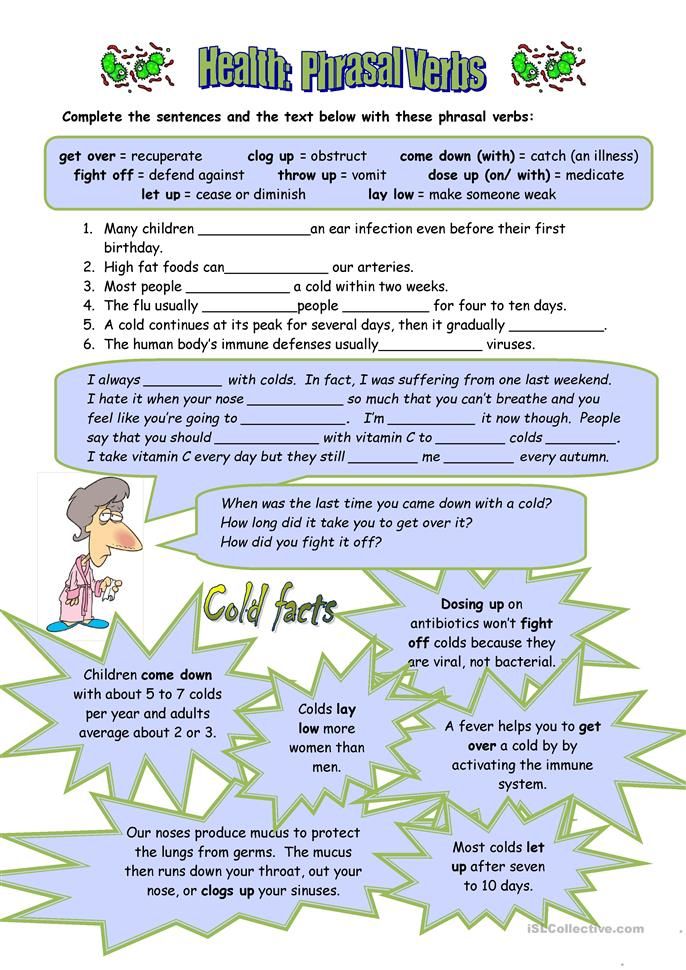 Reading should still be fun!
Reading should still be fun!
The younger student still has a weak reading technique, so he cannot read what he wants and in such a way that it gives pleasure.
Expert advice: Read aloud to children not only throughout their preschool childhood, but also when they become schoolchildren, choosing for this such books that they cannot cope with on their own.
2. The child has learned to read and write, but does not want to read, and parents have to persistently teach him to read on his own. How to do it:
- give your child books with large print and bright pictures so that the book intrigues and does not frighten with large text;
- read aloud a few lines, the plot of the story, and step away on business - it is possible that the child will want to know the continuation and he will read it himself;
- Meet the school librarian and introduce your child to the library. The librarian will professionally select the right book, then talk about it;
- and most importantly - you need to set an example: the child must see the reading parents.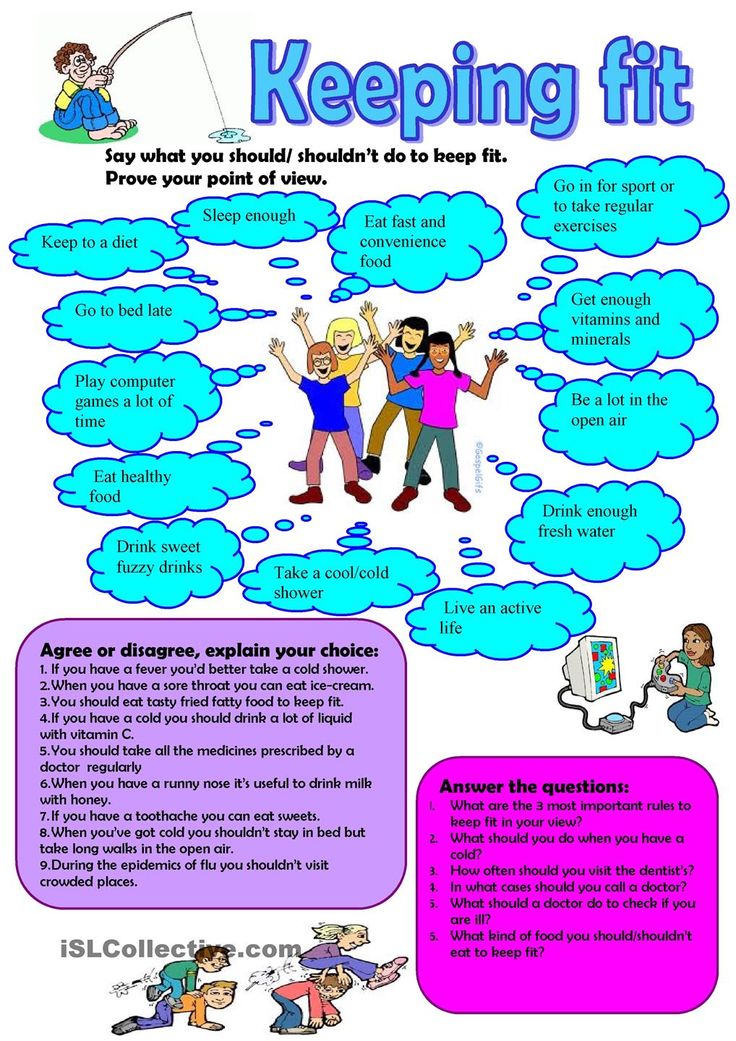
3. Literature appeared in the child's life, which he must read, that is, interest in the book began to push away the need, the compulsion to read.
Expert opinion. Forced reading, as a rule, is not fruitful. It becomes fruitful when the child reads because of interest. Interest is the only one of all the motives that keeps reading on, that is, ensures the influence of the book on the reader. The crisis of children's reading is manifested not so much in the fact that many children have stopped reading, but in the fact that they have not developed or lost interest in this area of activity (I.I. Tikhomirova).
How to read to maintain interest in reading, in a book?
Expert tip: Encourage your children to read software literature before studying it in school. Use summer time for this. Get involved in reading it with your child, find pleasure in it. Looking at you, the child will receive joy. The subsequent study of the work in the classroom will fall on emotionally prepared soil (I.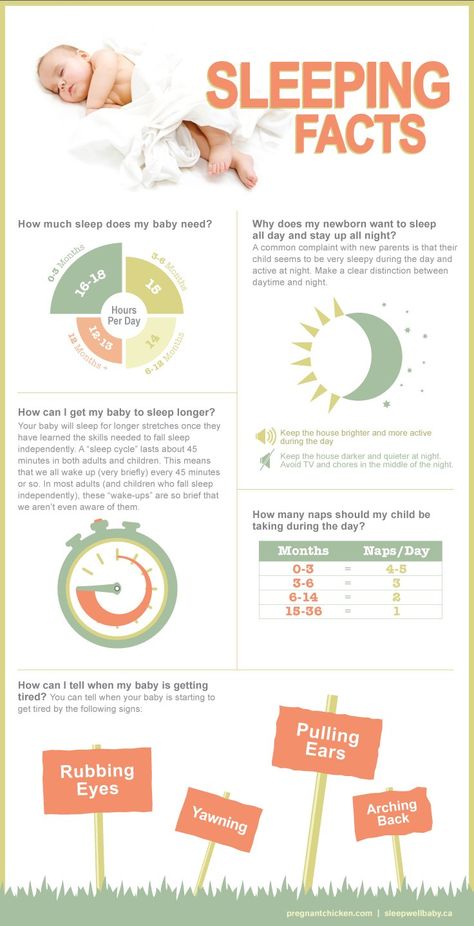 I. Tikhomirova).
I. Tikhomirova).
Expert tip: Have your child get letters from their favorite character about what books impressed them and why they recommend reading them. Such an authoritative opinion of the beloved hero has a positive effect on the reader's interest in the child (reception from Sh. Amonashvili).
— Interesting creative work with a book helps to arouse interest in reading. For example, creating your own cartoon or advertising your favorite book for friends and classmates (book trailers). How to create a video about the book, examples of children's work, mom's review of such work can be found in the section "Reading Companions" - "Screenings" .
— The conversation, the comparison of the book and the cartoon/movie are still relevant. The questions for comparison are simple: how are the images of the characters and some moments of the book embodied, did you imagine the characters in such a way that is not shown in the cartoon, etc. ... Such a discussion will help develop the thinking and speech of the child (on the Barius website you find interactive list of film adaptations : a book has been selected for each film adaptation, which can be leafed through online and immediately compared with the cartoon).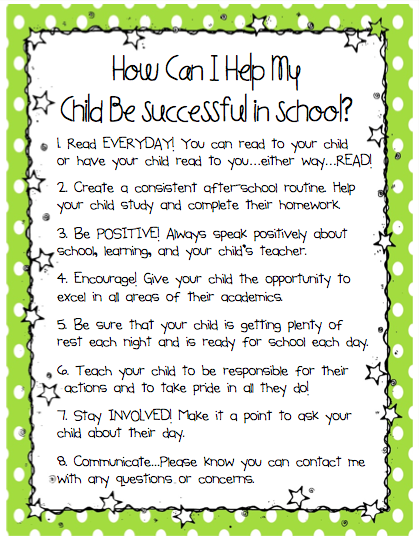
For example, a schoolchild will be interested in reading the adventure works of Kir Bulychev and watching the cartoons "The Secret of the Third Planet", "The Pass", "Alice's Birthday", as well as feature films. They take the child to a fantasy world and provide an opportunity to take a break from school worries. In addition, the girl from the future Alice has been convincing children for several generations of the need to know a lot in order to emerge victorious in the fight against space pirates, Baba Yaga, goblin, etc.
Reading with children is still relevant basic principles and approaches as in the preschool period.
- Make riddles, learn proverbs and sayings in order to develop speech, thinking, imagination, raise a child on the samples of age-old folk wisdom.
- Talk about what you read!
Expert advice: When talking about a book, do not rush to formulate its moral idea in the form of a conclusion, but try to intensify the feelings of reading. Then the spiritual experience of the hero of the story will also become the experience of your child, which edification does not give, because it always involves ready-made conclusions and decisions (bad boy, look, do not act like him), does not encourage reflection and empathy. The works experienced by the child become his spiritual experience, which, on occasion, is useful to remember. Over the years, the desire to analyze your actions with the help of books will become stronger and turn into a precious habit: while reading, think about yourself and people, which is especially important for teenagers, when interest in their personality, in their place in the world, and therefore in books that contribute to self-knowledge and self-improvement (IN Timofeeva).
Then the spiritual experience of the hero of the story will also become the experience of your child, which edification does not give, because it always involves ready-made conclusions and decisions (bad boy, look, do not act like him), does not encourage reflection and empathy. The works experienced by the child become his spiritual experience, which, on occasion, is useful to remember. Over the years, the desire to analyze your actions with the help of books will become stronger and turn into a precious habit: while reading, think about yourself and people, which is especially important for teenagers, when interest in their personality, in their place in the world, and therefore in books that contribute to self-knowledge and self-improvement (IN Timofeeva).
Expert advice: the conversation is more meaningful and lively if several children participate in it: by sharing their impressions, the brothers, sisters or comrades of the child enrich each other (I.N. Timofeeva).
For more information about talking with a child, see chapter "How to talk with children about books" from IN Timofeeva's book "What and how to read to your child from one to ten".
- Learn by heart. In elementary school, a child must learn poems by heart. If you and him learned something from the program before school, then it remains only to refresh your memory. But in any case, help your child remember the poems, do not scold him if he forgets the lines - most likely, he does not understand their meaning. Before memorizing a poem, you need to discuss it, find out if everything is clear, make sure that the poem is loved.
- Ask your child to retell prose works under some interesting pretext, because this not only trains memory and develops speech, but also educates a thoughtful reader. It is not so easy to retell prose. At the first stages, you need to help the child:
1) what you propose to retell should still be eventful;
2) Difficulties in retelling are caused by works in which descriptions dominate.
But an elementary school student should already be able to describe and retell descriptions. Soon in his training there will be such a type of knowledge control as a presentation (in 9class in the OGE in the Russian language, this type of assignment is key).
Expert advice: Be patient and respectful of children's retelling, because for a child this is creativity, during which he again experiences delight and inspiration, resurrecting in his imagination the heroes of the book and the event; retelling develops speech, sensitivity to the poetic word. Speaking of children's retelling, it must be borne in mind that the child, not being able to single out the main thing and briefly formulate a thought, tells at length, in detail, often without distinguishing between the essential and the insignificant. By carefully listening to the retelling, you have the opportunity to carefully and taking into account the perception of your child specifically, direct his attention to the main thing and together recall some valuable artistic detail (I.N. Timofeeva).
How to teach short retelling? - you will find the answer in the article on our website "Teaching a summary"
- Combine mental and physical activities: reading and drawing, reading and singing, singing and dancing.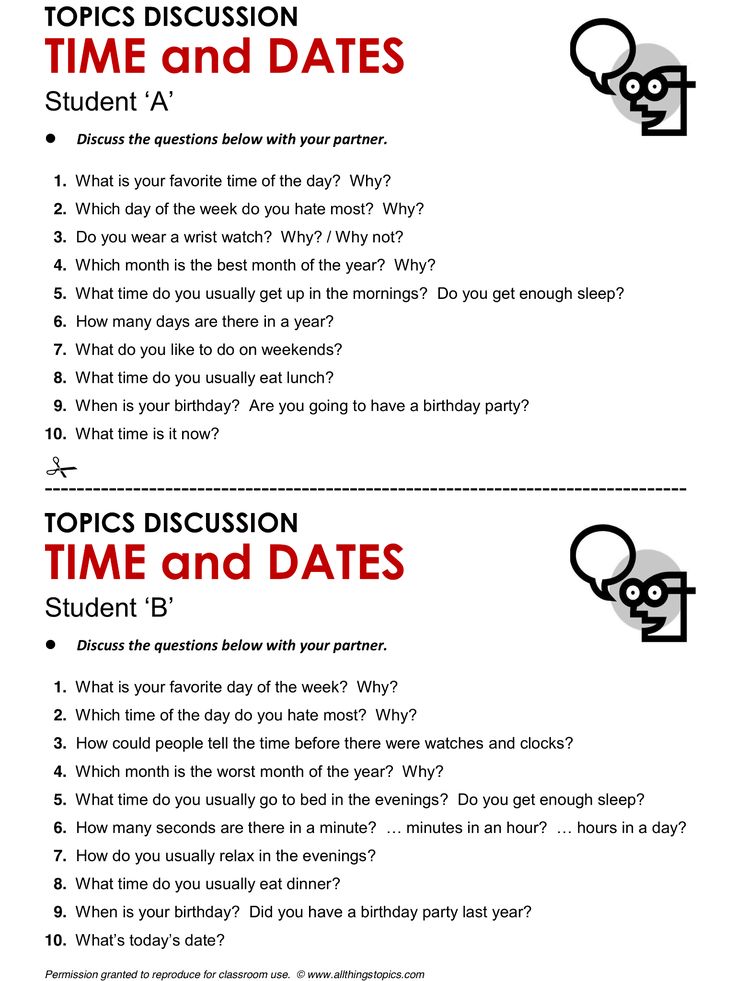 Physical development is directly related to mental development. Develop your child physically (dance, gymnastics, football ...) and you will see that both mentally and creatively, and in the development of speech, your child will begin to make great strides.
Physical development is directly related to mental development. Develop your child physically (dance, gymnastics, football ...) and you will see that both mentally and creatively, and in the development of speech, your child will begin to make great strides.
Expert opinion: verbal freedom is inextricably linked with physical freedom. If adults did not try to develop the child's speech, he will compensate for his "tightness" with aggressive physical behavior (Mineralova I.G.).
- Accumulative principle. With younger students, you need to continue reading what you read before, what is included in the school curriculum in literature, and also what is still difficult for a student in grades 1-3. Works "for growth" are introduced in fragments, or as a whole, but with cuts (skip what is still difficult to understand for a 7-12-year-old child).
- A book for a child of this age is connected with the game. Support the child's games, help him learn how to play story games from books. Then he will get carried away and will play himself. Girls love to play school. Encourage such games: let your daughter repeat the material learned in the lessons to the dolls. (We suggest reading Chapter "Book and Game" from the book by I.N. Timofeeva "What and how to read to your child from one to ten.")
- Children still love to draw. Encourage children to draw characters, some magical or simply memorable item from the book. Reading and drawing are also interconnected - they develop artistic taste, create an image.
Expert advice: The value of books for drawing is enormous, because it nourishes the child's mind, fantasy. Young children are not able to write a review of the book, but they can express their impression of reading in drawings and crafts made from plasticine, sticks, patches. How to manage these activities? Firstly, before reading a fairy tale, a story, a child must be warned: we will draw (sculpt) according to this book. Then the child listens more attentively, his reading perception becomes sharper.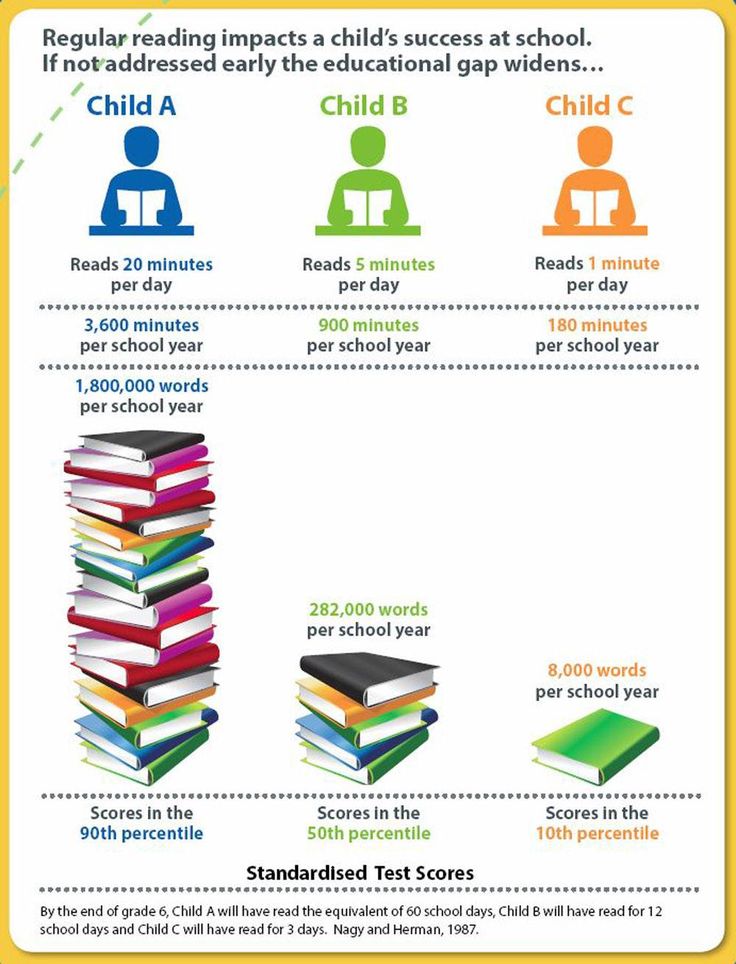 Secondly, before drawing (sculpting), discuss with the child what and how he is going to depict, and at the same time consider the illustrations in the book: how the artist painted and how you draw. In children's books, illustrations are made taking into account children's perception, so the child sees how to draw. (More: "Book and Drawing" I.N. Timofeeva)
Secondly, before drawing (sculpting), discuss with the child what and how he is going to depict, and at the same time consider the illustrations in the book: how the artist painted and how you draw. In children's books, illustrations are made taking into account children's perception, so the child sees how to draw. (More: "Book and Drawing" I.N. Timofeeva)
- Pupils in grades 1-3 can be taken by teachers on excursions, to museums, including literary ones, associated with the name of a writer. Parents can both connect to the cultural events of the school and organize their own. Impressions received on an excursion, in a museum or theater often encourage children to get to know the writer's works better (we talk about the role of the theater in the development of the child and understanding the book in the section "Reading Companions" - "Theater" ).
- It is useful to keep a reader's diary , in which you need to reflect the author, the title of the book, its summary and what you liked, and you can also draw a picture of the book. Over the years, the records will become more difficult. Adults should show sincere attention to the reader's diary, help make notes, teach them to write briefly, and talk about books they have already read. Without your interest in this work, the child will quickly give up keeping a diary.
Over the years, the records will become more difficult. Adults should show sincere attention to the reader's diary, help make notes, teach them to write briefly, and talk about books they have already read. Without your interest in this work, the child will quickly give up keeping a diary.
How much should a child read in fifth grade?
Communication
Olla43
over a year ago
To increase literacy and just for general development, my son reads books. The child reads willingly, but quickly gets tired. Set a standard for him. We have a norm of forty pages a day. Educational literature is not included in this norm. Is it a lot or a little? In general, how much should a child read in the fifth grade? Are there any standards? Also, I wonder how much your children read?
like
subscribe
complain
Your answer:
Get notified
Other topics discussed:
How can I help my daughter enter adolescence?
My daughter is 12 years old.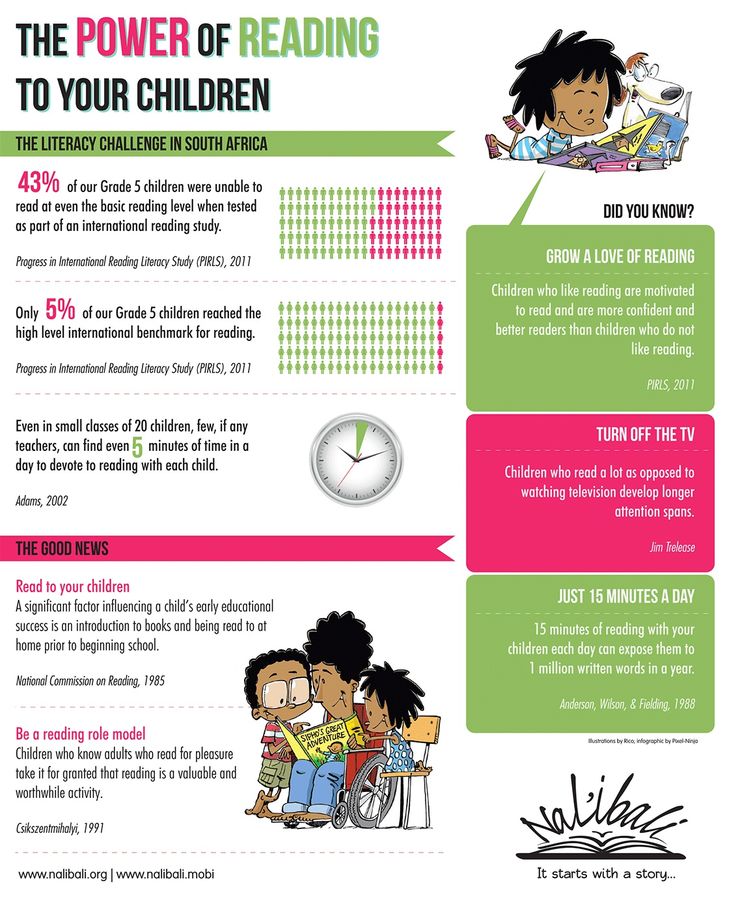 The transition from a child to a teenager happened very abruptly - in just 2 months, my daughter's breasts grew, menstruation began, hair in the groin and armpits began to grow, and skin problems appeared. But these are external signs. Changes also affected the character - the daughter became irritable, secretive.
The transition from a child to a teenager happened very abruptly - in just 2 months, my daughter's breasts grew, menstruation began, hair in the groin and armpits began to grow, and skin problems appeared. But these are external signs. Changes also affected the character - the daughter became irritable, secretive.
A child of 11.5 years after the appearance of the youngest is jealous and falls into childhood
I take the youngest two-year-old in my arms, the eldest also asks. I understand that this is childish jealousy, I try to hug, squeeze, kiss both equally, I often communicate with the eldest, I still sometimes help with homework. But something, for example, carrying an almost 12-year-old child in your arms is a bit difficult. I explain that I love...
What kind of care is needed for teenage skin?
My daughter is 12 years old and all the teenage joys we have, as they say, are on our face. I know about the stages of skin care - cleansing, masks, toning, moisturizing.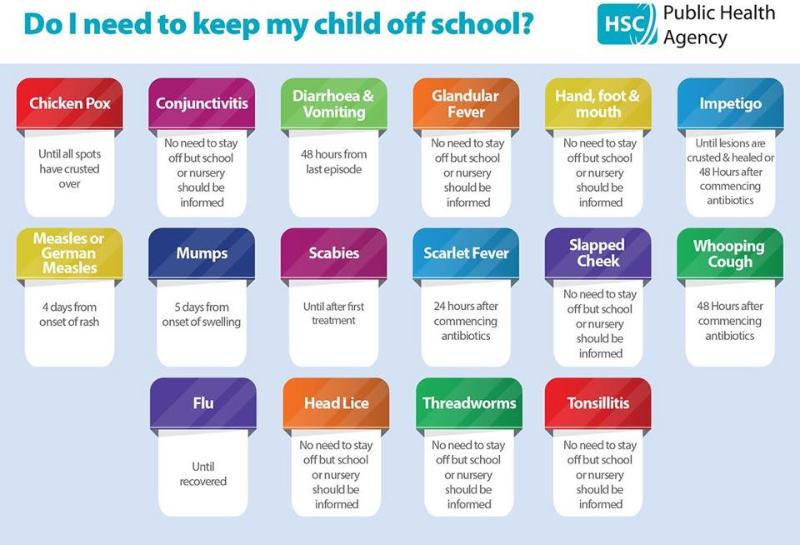 But wouldn't it be too much for such young skin? Would one cleansing and toning be enough? I'm afraid it will dry out my baby's delicate skin.
But wouldn't it be too much for such young skin? Would one cleansing and toning be enough? I'm afraid it will dry out my baby's delicate skin.
Additional classes and clubs. Who goes where?
My son is 10 years old. He attends a music school, English courses. Tell me where your kids go. Are you trying, by sending your child to one or another circle, to predetermine his future profession or sports career? Or are you looking for circles for the general development of the interests of the child? The second question, I need...
My 12-year-old daughter already has breasts, but she doesn’t have her period yet did the children get their periods? I consulted with the doctor, he said that there was nothing to worry about, everything was fine. But I do worry. My sister had it too, but then when it first started...
Other sections:
Health
Power supply
Development
Education
School
Purchases
Leisure
Decree - this is such work,
on which you kiss the ass with pleasure in the ass.